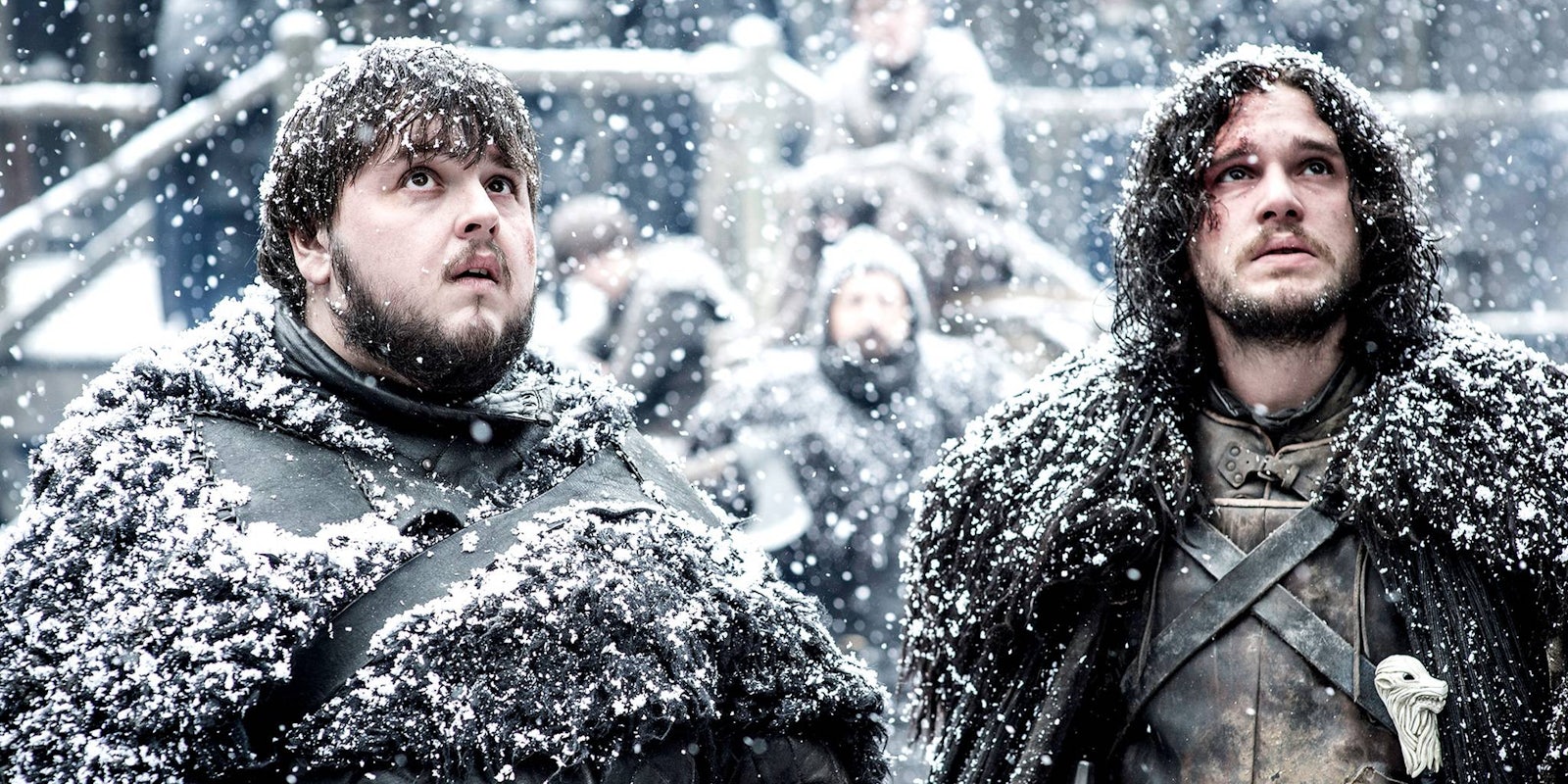It can be hard for TV showrunners to navigate a relationship with their fans, but some mistakes should be easy to avoid. For example, don’t refer to the most vocal part of your audience as “boring,” difficult to understand, or “garbage people.”
These comments all came from a new Hollywood Reporter survey where 17 showrunners were asked softball questions about their work. Most of the answers were totally innocuous, but one topic was a real stumbling block: livetweeting.
When asked for their opinions on livetweeting, the showrunners gave a wide variety of responses, partly because they interpreted the question in two different ways. Some thought it referred to TV writers livetweeting their own shows, while others thought it was about fans livetweeting as a community. Here are a few of the answers:
- Rock Reuben and Bruce Helford of Kevin Can Wait: “A good way to end your career.”
- Jeremy Slater of The Exorcist: “A garbage idea perpetuated by garbage people. Watch the show, enjoy the show. Twitter will still be there when you finish.”
- Mark Goffman of Bull: “A great place to connect with fans, share behind-the-scenes details, and find out all the things I’m doing wrong.”
- Mike Schur of The Good Place: “Good for sports, bad for fictional entertainment.”
The negative comments from Schur and Slater were especially controversial, but to many livetweeters, the entire survey highlighted a cultural rift between TV viewers and creators.
That @THR piece is damaging even if its not intentional. It basically revealed how TV showrunners feel about fans live tweeting their shows
— Black Girl Nerds (@BlackGirlNerds) September 22, 2016
I expect there to be a generational gap, but come on. To be that willfully ignorant and oblivious to fans using social media is troubling
— Black Girl Nerds (@BlackGirlNerds) September 22, 2016
@BlackGirlNerds has over 85,000 followers, and acts as a hub for community livetweeting sessions. Their audience also represents two overlapping demographics of people who love to livetweet: Black Twitter (the home of massive livetweeting audiences for Empire, Mr. Robot, Game of Thrones, and Shonda Rhimes shows) and the female-driven fandoms for TV shows like Teen Wolf and Grey’s Anatomy—which was, coincidentally, Twitter’s top trending topic on Thursday night.
All of the showrunners in THR’s survey were white, and most of them were men.
https://twitter.com/fangirlingjess/status/778973885320482816
https://twitter.com/FilmFatale_NYC/status/778949531199307776
While most of the showrunners’ comments were pretty neutral, the survey blew up on Twitter. Many fans were frustrated with the showrunners’ apparent misunderstanding of Twitter audiences, but there were plenty of dissenting voices as well.
Popular geek blogger Devin Faraci connected livetweeting to his belief in the dangers of “fan entitlement,” arguing that livetweeters are a niche group who don’t pay full attention to the shows they watch.
Meanwhile, Exorcist showrunner Jeremy Slater posted an apology video—although only after his followers met a goal of sending 100 positive tweets about John Goodman, who Slater named as his ideal guest star in the survey. He also explained that the “garbage people” comment referred to TV creators who livetweeted their own shows, not fans like @BlackGirlNerds.
As promised: my apology video to @TheKaleOnline and readers of @BlackGirlNerds!
— Jeremy Slater (@jerslater) September 22, 2016
(P.S. #NationalJohnGoodmanAppreciationDay) pic.twitter.com/IRbNIKxTHk
It looks like some of this controversy resulted from people misunderstanding whether the survey question was about TV showrunners or fans. However, some of the showrunners’ comments still highlighted a lack of understanding for Twitter audiences. Livetweeting isn’t the same as texting in a movie theater, it’s more like a huge viewing party for fans of a show. And for showrunners, it’s also a professional concern. There’s a reason why TV networks employ social media people for all their major shows: Tweets are now factored into Nielsen ratings.


